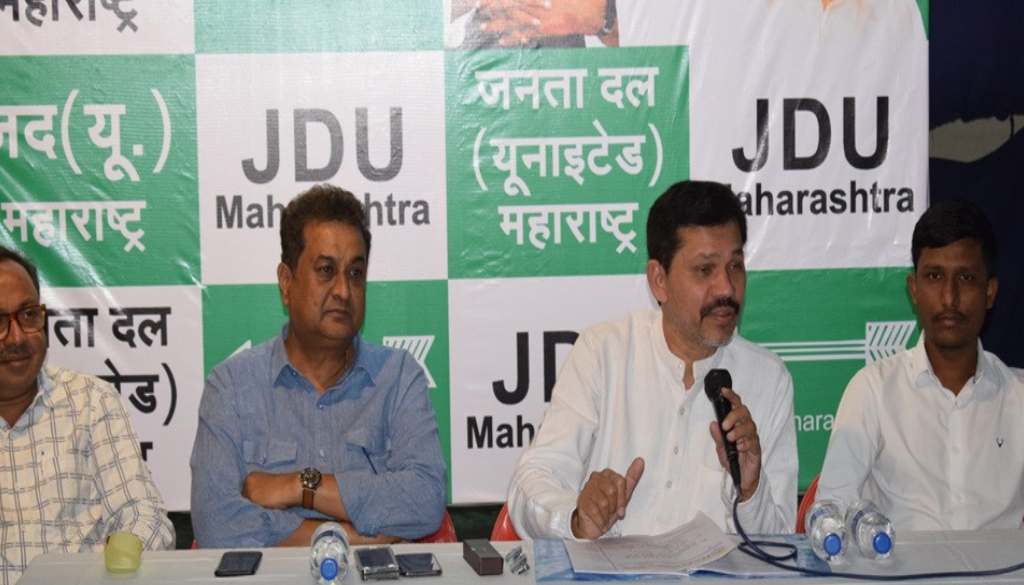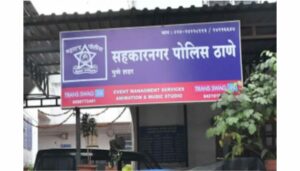Pune: Maharashtra Government Passes Controversial Bill Limiting Access to Private Universities for Economically Weaker Students – JDU

Pune, 15th January 2024: In a recent development during the winter session, the Maharashtra state government has approved a bill that could potentially deny access to private universities for economically weaker students, alleged MLC Kapil Patil, who is the National General Secretary of Janta Dal United (JDU).
The bill, which was passed without much discussion in both the Legislative Assembly and the Legislative Council, has stirred controversy as it closes the doors of financial assistance, fee reimbursement, and scholarships for students seeking admission to private universities.
Earlier this year, the state government had announced a 50% fee concession for 10% of students from economically weaker sections. However, this newly passed bill overturns that decision, leaving students from all categories to bear the full financial burden of their education.
Patil shared the information in a press conference on Sunday, attended by State President Atul Deshmukh, Rohit Dhale of Chhatrabharati, and representatives from student organizations like Suraj Pandit and Kuldeep Ambekar. The absence of details and information from Higher and Technical Education Minister Chandrakant Patil has left many questioning the rationale behind the sudden decision.
The bill, aimed at consolidating and amending laws related to self-financing private universities in Maharashtra, has not been fully disclosed to the public, raising concerns about its potential consequences. Critics argue that the government’s intention to shift the burden of scholarship amounts away from the government onto private universities may negatively impact students seeking education in these institutions.
Despite the increased number of private universities in the state in recent years, the bill’s passing has raised alarms within the education sector. Students from middle-class and economically weaker sections are likely to face difficulties in affording education at private universities, known for their high fees.
Patil emphasized the government’s desire to alleviate the financial responsibility of scholarship amounts for reserved category students, suggesting that the bill aims to relieve the government and shift the financial burden onto private universities. This move could potentially result in the closure of colleges, as Patil hinted at the implications of the national education policy on these institutions.
The bill, having been passed in both legislative houses, is now awaiting the Governor’s signature. Patil urged the Governor to reconsider and send the bill back for further review. The consequences of this bill are poised to impact students in the upcoming academic year, sparking concerns about equal access to quality education in private institutions.





